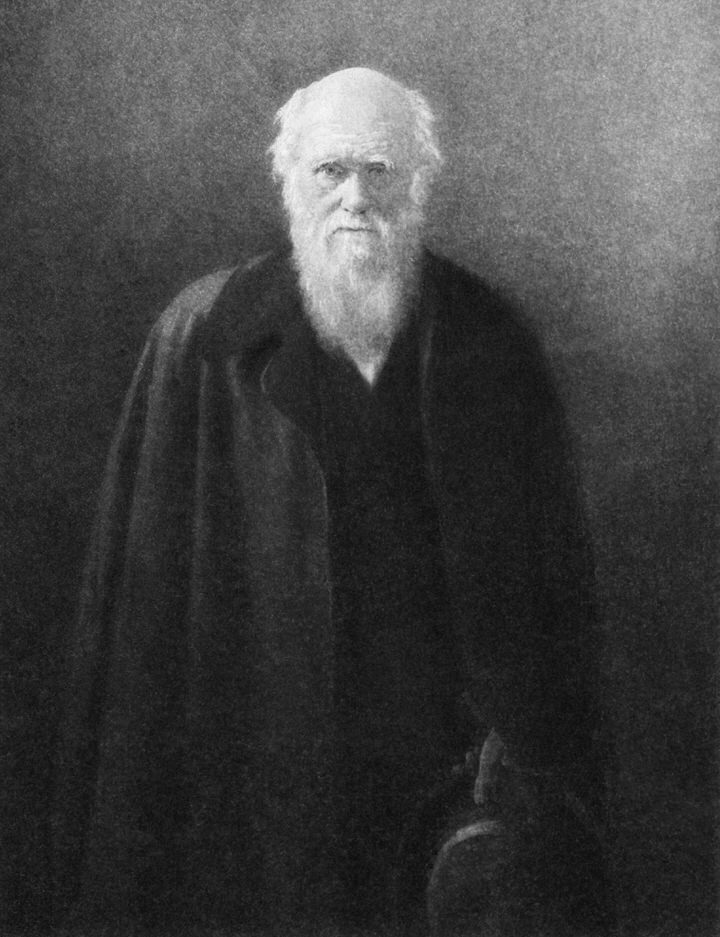Charles Sumner
Charles Sumner, a renowned orator and statesman, championed abolitionism and social justice, shaping America's political trajectory.
Political Figure
January 6, 1811
Capricorn
March 11, 1874
63
Boston, Massachusetts
Charles Sumner, a prominent American statesman of the 19th century, left an indelible mark on the nation’s history through his unwavering dedication to human equality and the abolition of slavery. A Harvard Law School graduate, Sumner championed various causes, including prison reform, world peace, and educational reforms.
Sumner’s most notable contribution lies in his authorship of one of the nation’s first civil rights bills, which aimed to provide full political and civil rights to African Americans after the ratification of the Thirteenth Amendment in 1865. His relentless efforts to secure equal rights for all citizens solidified his legacy as a staunch advocate for social justice.
Elected to the United States Senate in 1851, Sumner emerged as a powerful voice against slavery. His “Crime Against Kansas” speech, delivered in 1856, vehemently criticized pro-slavery forces and resulted in a brutal assault on him by a fellow senator. Undeterred, Sumner continued to fight for the abolitionist cause throughout the Civil War and played a pivotal role in the Reconstruction process, advocating for the rights of freed slaves.
Sumner’s legacy extends beyond his political achievements. He was a gifted orator, captivating audiences with his eloquent speeches that resonated with passion and conviction. His unwavering commitment to his principles earned him the respect and admiration of his contemporaries, solidifying his place as a prominent figure in American history.

















